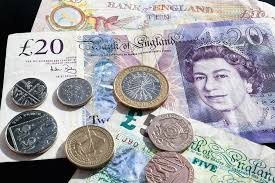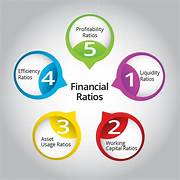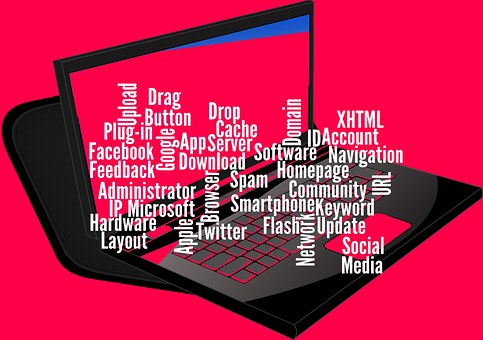What happens when liabilities exceed assets?
What is a liability?
Liability is the amount a business owes to others, like more loan payments and creditors, which means the company is in debt.
What is an asset?
An asset consists of land & buildings, equipment, machinery, and debtors, that is, the money owed but the people who bought goods on credit.
So now we know what an asset is and liability; therefore, the simple understanding is that the excess of liability is in financial trouble. So, if the company allows this situation to continue will lose all the assets and end up in bankruptcy and lose the business. Therefore, the company must protect itself from creditors to avoid losing the industry.
Let me look at the reasons for the company to face a situation like this
- The critical point is that the company did not have proper accounting systems.
- Not analyze the income from its sales.
- Not keep the expenses under control.
- No adequate maintenance of cash flow or budget.
- Wrong business model
- Lack of planning or even proper management.
- There would have been no job costing.
- Financial not prepared and analyzed correctly.
Although the business is in a bad situation, it will have to think of ways to overcome this instead of declaring bankruptcy and handing it over.
- Change the business model.
- Get rid of the business which was not giving you any profit.
- Implement a new business model and work hard to improve your sales.
- Get rid of the workers who are not crucial to your business.
- Set a new goal for you to achieve in sales.
- Improve your marketing strategy to get more customers.
- Implement better accounting methods.
- Remember, more internal control is crucial to stop losing money.
- If you sell goods on credit, keep reasonable control over invoicing and collecting the b money.
- Negotiate with your creditors and set up a payment schedule.
- Do not neglect your cash flow and budget maintenance.
Now let me talk about internal control and implementing better accounting systems;
Credit control
When you sell goods on credit, ensure the customer receives the invoice quickly. You need to mention the last payment date on the invoice and do not forget to send a follow-up message to remind them about the payment. If you neglect this, it will affect your cash flow seriously.
Implement internal control
It helps you and your business to protect from irregularities and fraud, and I will give you a small example of having an eye on your payroll system. Most small businesses pay employees for the number of hours they work, so there could be mistakes in accounting for the number of hours they work.
Budget
Setting your budget and revising it at least weekly is essential until you recover from this nasty financial mess. Also, it will give you an overview of the needs for your expenses. When you check your budget with your actual, the negative results will affect your profitability and give you a significant loss in your business. Therefore, keeping every expense under budget helps you improve your financial situation.
Cash flow
A cash flow shows you the incomings and the outgoing cash, so it is essential to check your cash flow at the end of the day to ensure that you have not overspent. So, control gives you peace of mind at the end of the day. Besides, you will start to believe in yourself and your business about the recovery from losing your business.
Common types of control accounts
The common types of control accounts are accounts receivable and accounts payable. Accounts receivable are usually maintained for when you sell goods on credit, that is, for the amount due from debtors. In the same way, the accounts payable is the amount that you owe to your suppliers. You can also use a stock control account to summarize the transaction in the inventory and stock.
So, implementing, accounting, and monitoring your business using the above methods gives you a better financial position after practicing it for a while. Importantly, you must consistently maintain the same techniques to recover from the dire economic situation in the long run; otherwise, leaving gaps will take you back to where you were at the start.



